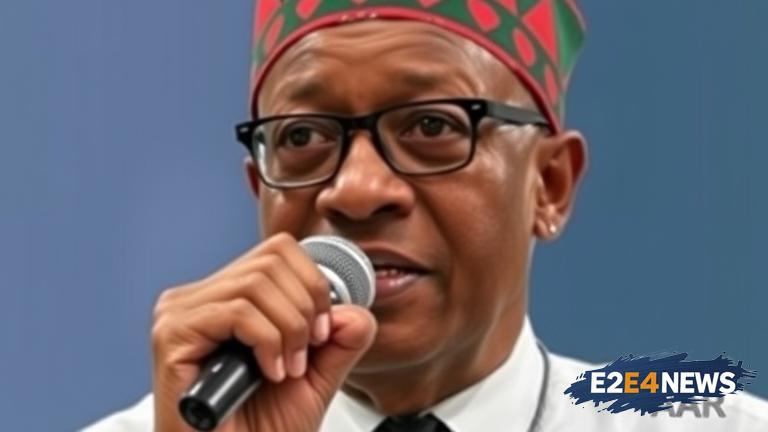In a recent development, Bola Tinubu, a prominent Nigerian politician, has filed a lawsuit against DAAR Communications, a leading media conglomerate in Nigeria, demanding N100 billion in damages. The lawsuit stems from alleged defamatory statements made by the media outlet against Tinubu. According to reports, DAAR Communications had published a series of articles and broadcasts that Tinubu claims were false and damaging to his reputation. The media outlet had allegedly accused Tinubu of various wrongdoings, including corruption and manipulation of the political system. Tinubu’s lawyers argue that these statements were made with the intention of damaging their client’s reputation and causing him emotional distress. The lawsuit is seen as a significant move by Tinubu to protect his reputation and hold the media accountable for their reporting. DAAR Communications has responded to the lawsuit, stating that they stand by their reporting and will vigorously defend themselves against the allegations. The media outlet claims that their reporting was based on credible sources and was in the public interest. The lawsuit has sparked a debate about the role of the media in holding those in power accountable and the limits of free speech. Many have come out in support of DAAR Communications, arguing that the media has a critical role to play in promoting transparency and accountability in government. Others have expressed concern that the lawsuit could have a chilling effect on free speech and the ability of the media to report on sensitive topics. The case is currently pending in court and is expected to be closely watched by the public and the media. The outcome of the case could have significant implications for the media landscape in Nigeria and the ability of politicians to use the courts to silence their critics. In recent years, there have been several high-profile cases of politicians using the courts to sue the media for defamation, leading to concerns about the erosion of free speech and the independence of the media. The case against DAAR Communications is seen as a test of the Nigerian judiciary’s commitment to upholding the principles of free speech and a free press. As the case progresses, it is likely that there will be increased scrutiny of the media and the judiciary, with many watching to see how the court will balance the right to free speech with the need to protect individuals from defamation. The Nigerian government has also been criticized for its handling of the media, with many arguing that the government has failed to create an environment that is conducive to a free and independent press. The case against DAAR Communications is just one example of the challenges faced by the media in Nigeria, where journalists and media outlets often face harassment, intimidation, and violence. Despite these challenges, the media remains a critical component of Nigerian democracy, providing a platform for citizens to access information and hold those in power accountable.
